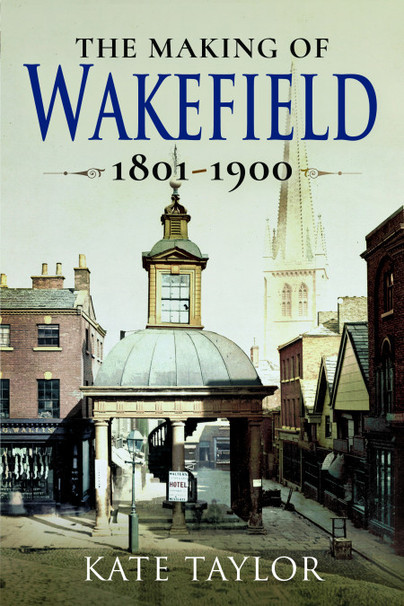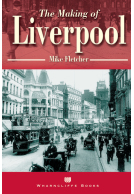The Making of Wakefield (Paperback)
1801-1900
Imprint: Wharncliffe Books
Series: The Making of...
Pages: 176
Illustrations: 80
ISBN: 9781845630782
Published: 16th October 2008
Last Released: 13th August 2020
(click here for international delivery rates)
Order within the next 6 hours, 16 minutes to get your order processed the next working day!
Need a currency converter? Check XE.com for live rates
Wakefield, a county town since the Middle Ages, developed steadily in the nineteenth century as it prospered from the corn trade, its vast cattle-market, and the coal-mining, engineering and textile industries. As the country became more democratic, Wakefield itself became a parliamentary borough in 1832, a municipal borough in 1848 and the seat of the great West Riding County Council in 1889. Its parish church acquired Cathedral status when it became the centre of a new diocese in 1888 and as a consequence Wakefield became a city. Its distinctive skyline was completed with the tower of the Town Hall of 1880 and the dome of the County Hall of 1898. The renowned Trinity rugby football club originated in 1873. At the beginning of the century the inhabitants depended on wells and streams for their water supply and only a few streets were lit (with whale-oil lamps). Good quality mains water from the Corporation's Ringstone reservoir was turned on in 1888; and electricity, generated from Wakefield's own power station, came in the 1890s. By 1900, Wakefield had a fine general hospital, a public park and public swimming baths as well as numerous clubs and societies.
'Conscientious, thorough and revelatory in many respects. Additionally the book is well designed, the relevant photograph placed ideally by its correspondence in the text over and over again. In terms of the content generally, what comes across forcefully is the coming together of a complex society, the formative experience of a seminal century, the extraordinary
David Storey
degree - scale and intensity - of the philanthropic spirit, the goodwill and the appetite for enlightenment and improvement - this linked to the dynamic of the industrial revolution - to the realisation of the forces which came to govern the following century. 'The molecular advance of both human sentiment and material innovation - so faithfully and extensively, so meticulously recorded in the book.
'The cumulative effect of reading it - the depiction of a unique period in human history where enlightenment, at all levels and in different directions, gained the upper hand, demonstrably and vividly so.'
' Making of Wakefield is a fascinating chronicle of the growth of the city with some marvellous photographs and archival material. I found it very interesting and informative.'
Customer- Joanne Harris




























